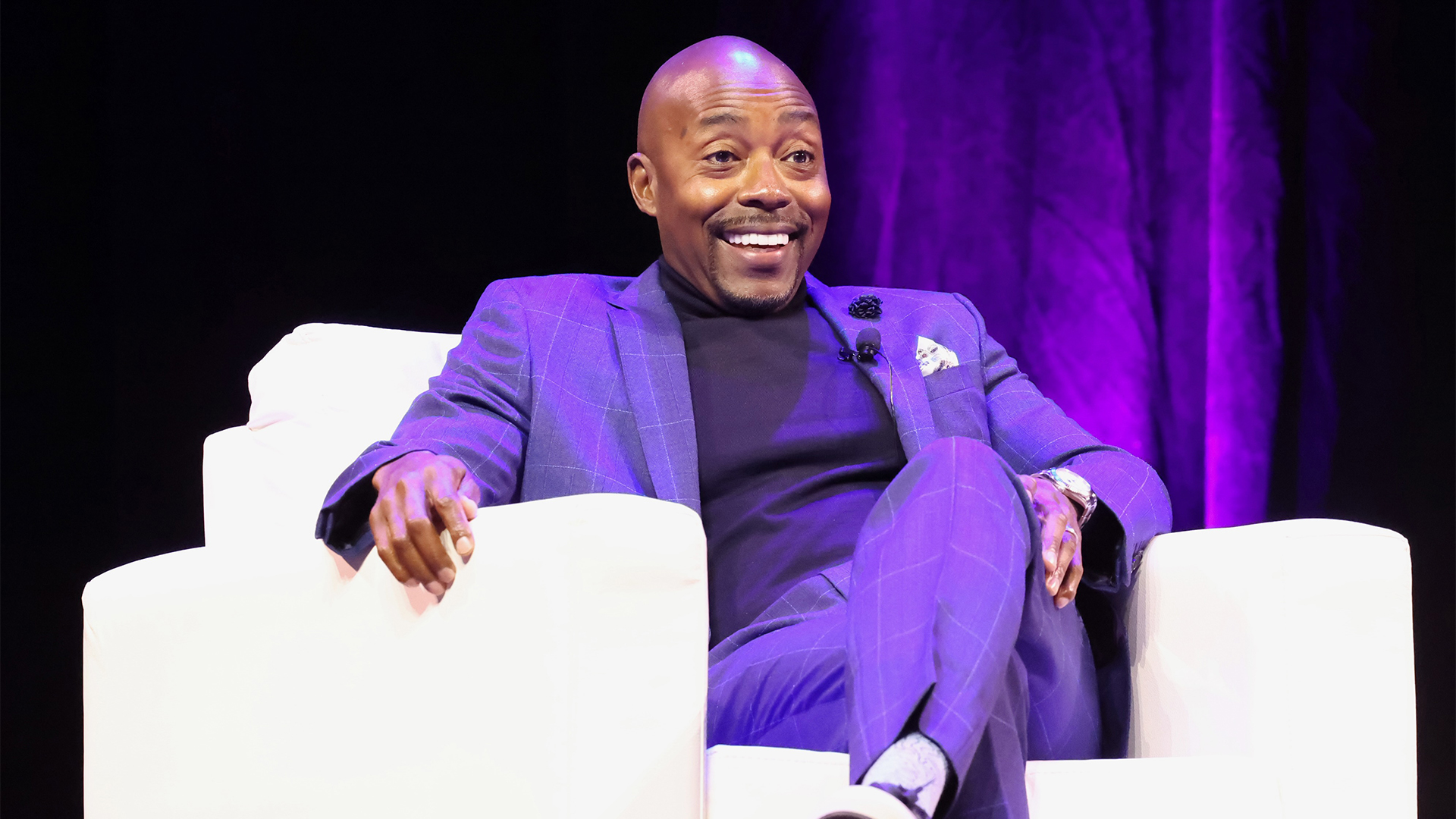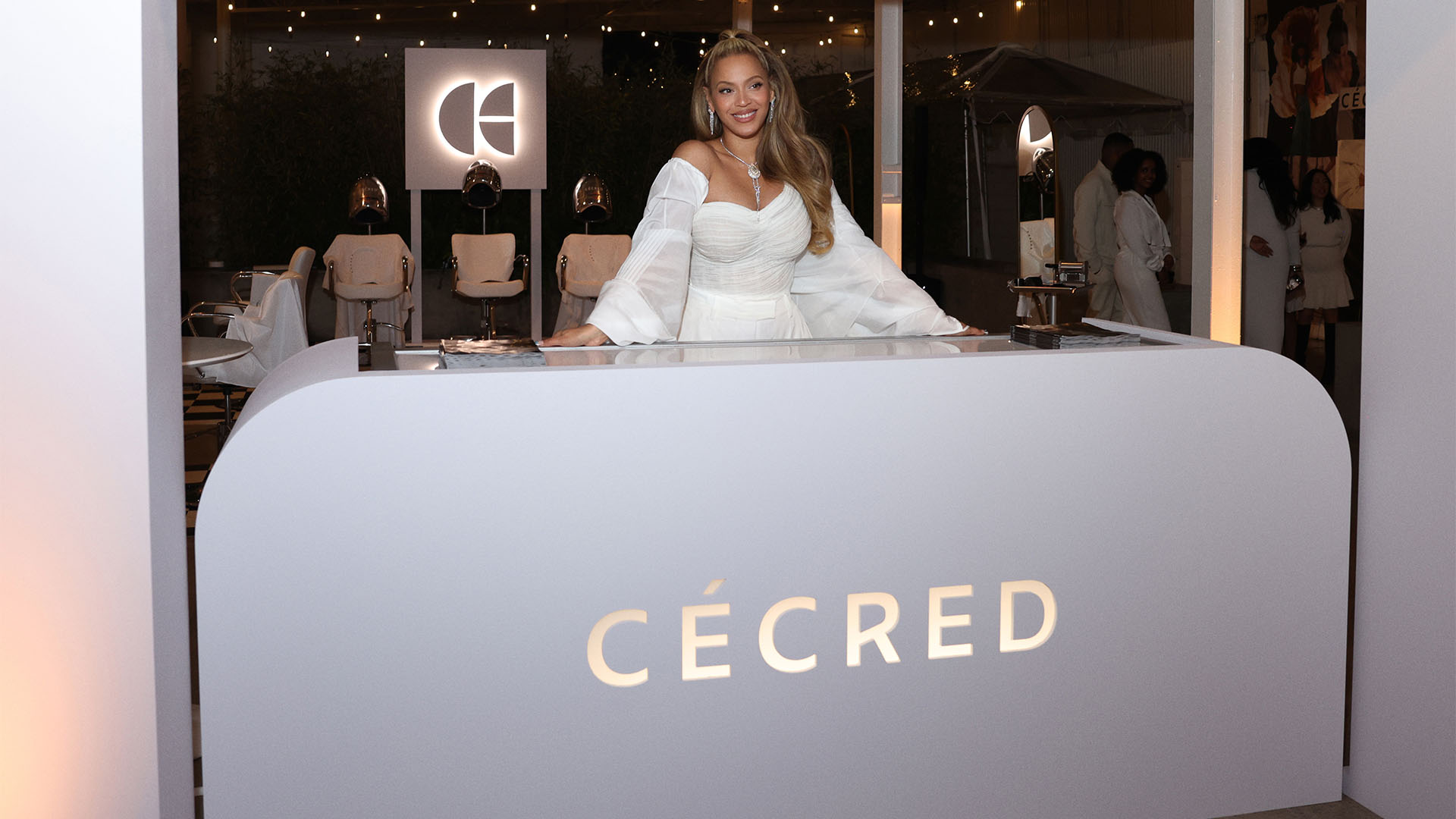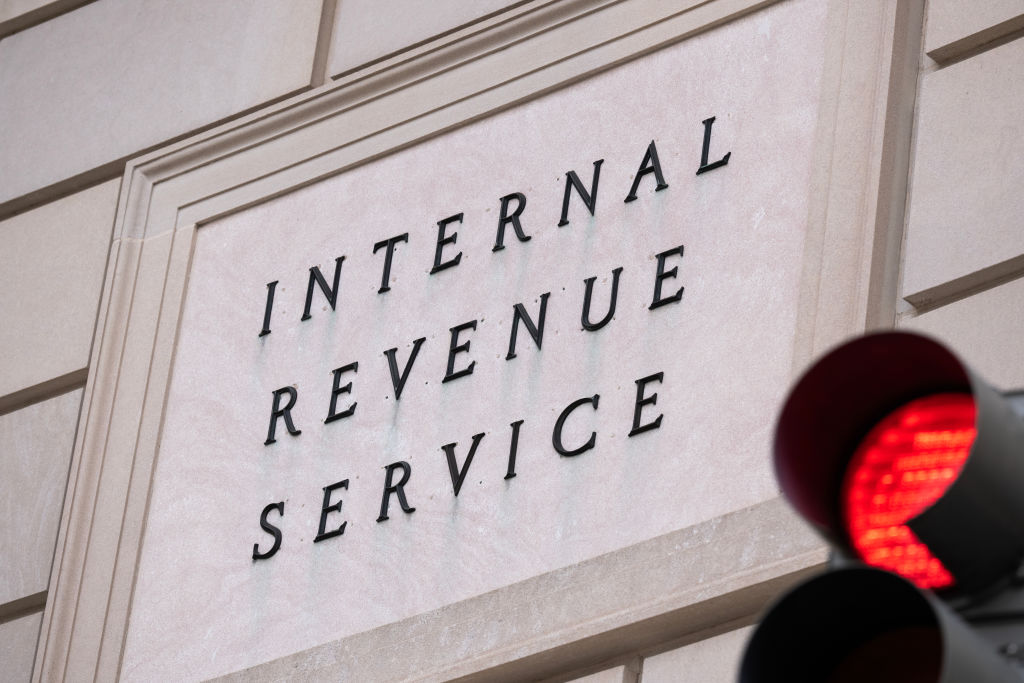When TikTok star Khaby Lame first got started on the social media app in March 2020, he was working at a factory in Chivasso, Italy, a small town located in the Turn district.
Then, without warning, he was fired, forcing him to return to his family’s “modest home.”
But, as the Senegalese sensation told The New York Times, he chose to pivot his attention to TikTok on a full-time basis instead of getting a so-called “real job,” and it was the best decision he’d ever made.
“It’s my face and my expressions which make people laugh,” he said to the outlet, while adding that his muted expressions are a “universal language.”
Whether you understand what he’s saying or not, Lame definitely found a winning formula. He’s almost at 100 million followers on the micro-video app, and one site reports that someone like him can charge anywhere from $1 million to $2 million per post thanks to his dedicated, engaged following.
“Companies have been known to pay $200 to $20,000 per branded video promoted by influencers, depending on the individual’s level of influence,” says Influencer Marketing Hub, a longtime company specializing in social media sponsorship procurement.
But for each Black TikTok sensation like Lame on the app, there are several white “influencers” on the app that are making tons.
As AfroTech previously reported, this is also true in the celebrity world, as well. Of the top ten celebrity influencers on social media, only two of them — Dwayne “The Rock” Johnson and Beyoncé — are Black. And of the top five non-celebrity influencers on social media, not one of them is Black.
While we certainly need to celebrate wins like Lame’s, we also need to remain vigilant about the wage gap between Black and white influencers, especially on such a popular app as TikTok.

















